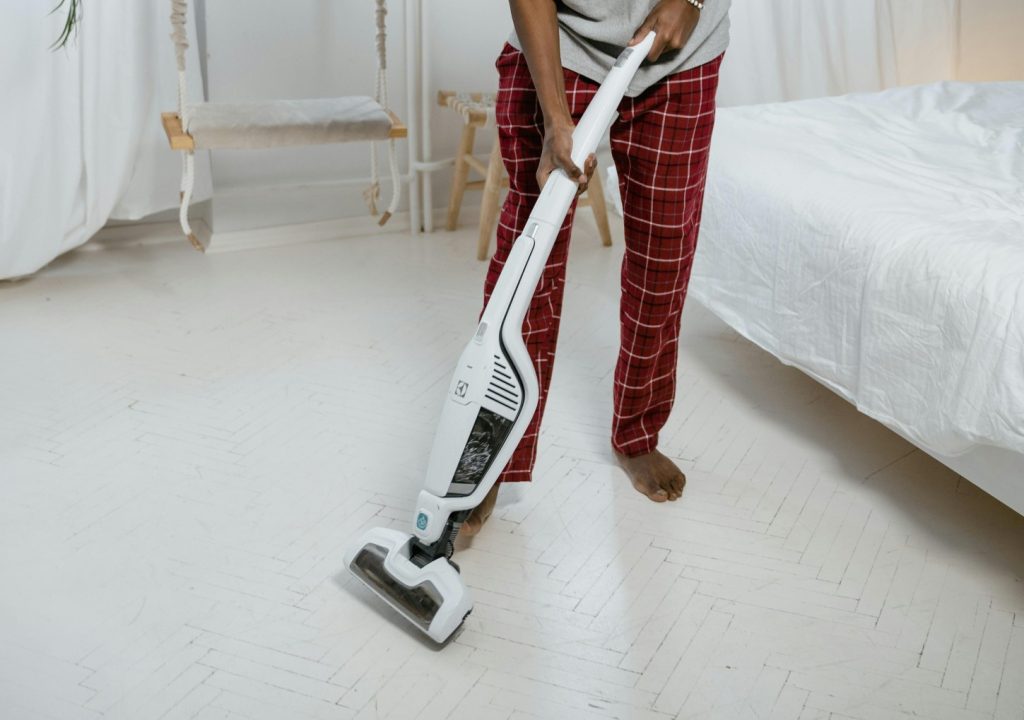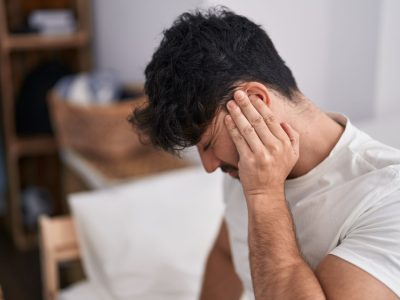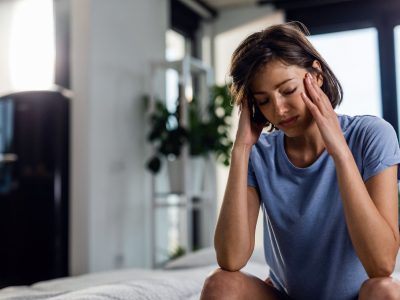Introduction
Think about your daily routine: your morning alarm, traffic on the way to work, background music at the store, or headphones during your workout. All of these sounds add up. While we don’t notice it right away, everyday noise exposure can quietly damage hearing over time. Protecting your ears isn’t just for concert-goers or factory workers—it’s for all of us.

Understanding Noise-Induced Hearing Loss (NIHL)
You don’t need to work in a factory to experience dangerous sound levels. Some everyday culprits include:
- Headphones and earbuds – especially when volume is cranked up to drown out background noise.
- Traffic and commuting – honking, sirens, and engine sounds all contribute.
- Household appliances – hairdryers, blenders, and vacuum cleaners are louder than you think.
- Work environments – even open offices can be noisy enough to cause stress and fatigue.
The Cumulative Effect of Daily Noise
Think of noise exposure like sun exposure. One day in the sun may not cause much harm, but daily unprotected exposure adds up. Over time, this “silent accumulation” leads to permanent damage.
Early Signs of Hearing Damage
Warning signs often include:
Ringing in the ears (tinnitus) after noisy environments.
Trouble understanding conversations in restaurants or group settings.
Turning the TV or music up higher than others prefer.
Headphones and Hearing Protection
Safe listening habits are crucial:
Follow the 60/60 rule: listen at no more than 60% of max volume for no more than 60 minutes at a time.
Prefer over-ear headphones over in-ear earbuds, which sit closer to the eardrum.
Use noise-canceling headphones so you don’t have to raise the volume in noisy spaces.
Protecting Your Hearing in the Workplace
Not all workplaces are equal, but noise adds up:
- Industrial settings often require ear protection by law.
- Offices may not be dangerously loud, but background chatter and equipment can cause fatigue.
Protecting Your Hearing at Home
Simple steps at home go a long way:
- Use appliances like blenders or vacuum cleaners in short bursts.
- Keep TV and speaker volumes moderate.
- Choose quieter models of appliances when replacing old ones.
The Role of Earplugs and Earmuffs
Ear protection isn’t just for concerts. Foam earplugs, musician’s plugs, or earmuffs can reduce noise in settings like mowing the lawn, attending sports events, or using power tools.
Good hearing isn’t just about avoiding noise. Stress can worsen tinnitus, while smoking and poor circulation reduce oxygen to the inner ear. A healthy lifestyle benefits your ears just as much as your heart.
Technology That Helps Protect Hearing
Modern tools make it easier than ever:
Noise-canceling headphones reduce background noise without turning up the volume.
Apps like Decibel X or Sound Meter measure your sound environment.
Smart devices now warn you if your listening habits are unsafe.
How Parents Can Protect Children’s Hearing
Kids’ ears are even more vulnerable:
Choose toys with safe sound levels.
Monitor headphone use—volume limiters are available.
Teach them that “loud” doesn’t mean “better.”
When to Get a Hearing Test
Don’t wait until you notice major issues.
Adults should get baseline tests by age 50.
Anyone exposed to regular noise—musicians, factory workers, frequent headphone users—should test earlier.
Conclusion
Your ears don’t come with spare parts. Everyday noise exposure may seem harmless, but it slowly chips away at your hearing. The good news? Small lifestyle adjustments, safe listening habits, and protective tools can safeguard your hearing for years to come. Prevention today means clearer conversations and healthier connections tomorrow.
Frequently Asked Questions
1. Can short bursts of loud noise cause hearing loss?
Yes, even one exposure—like a firework or gunshot—can cause permanent damage.
2. Are noise-canceling headphones safe for hearing?
Yes, they help by reducing background noise, allowing you to listen at lower volumes.
3. What’s the safest volume for music?
Keep it at or below 60% of maximum volume, and limit listening time.
4. How often should I test my hearing?
At least every few years, or more often if you’re regularly exposed to noise.
5. Can hearing damage from everyday noise be reversed?
No, once the inner ear cells are damaged, they don’t regenerate—prevention is key.



